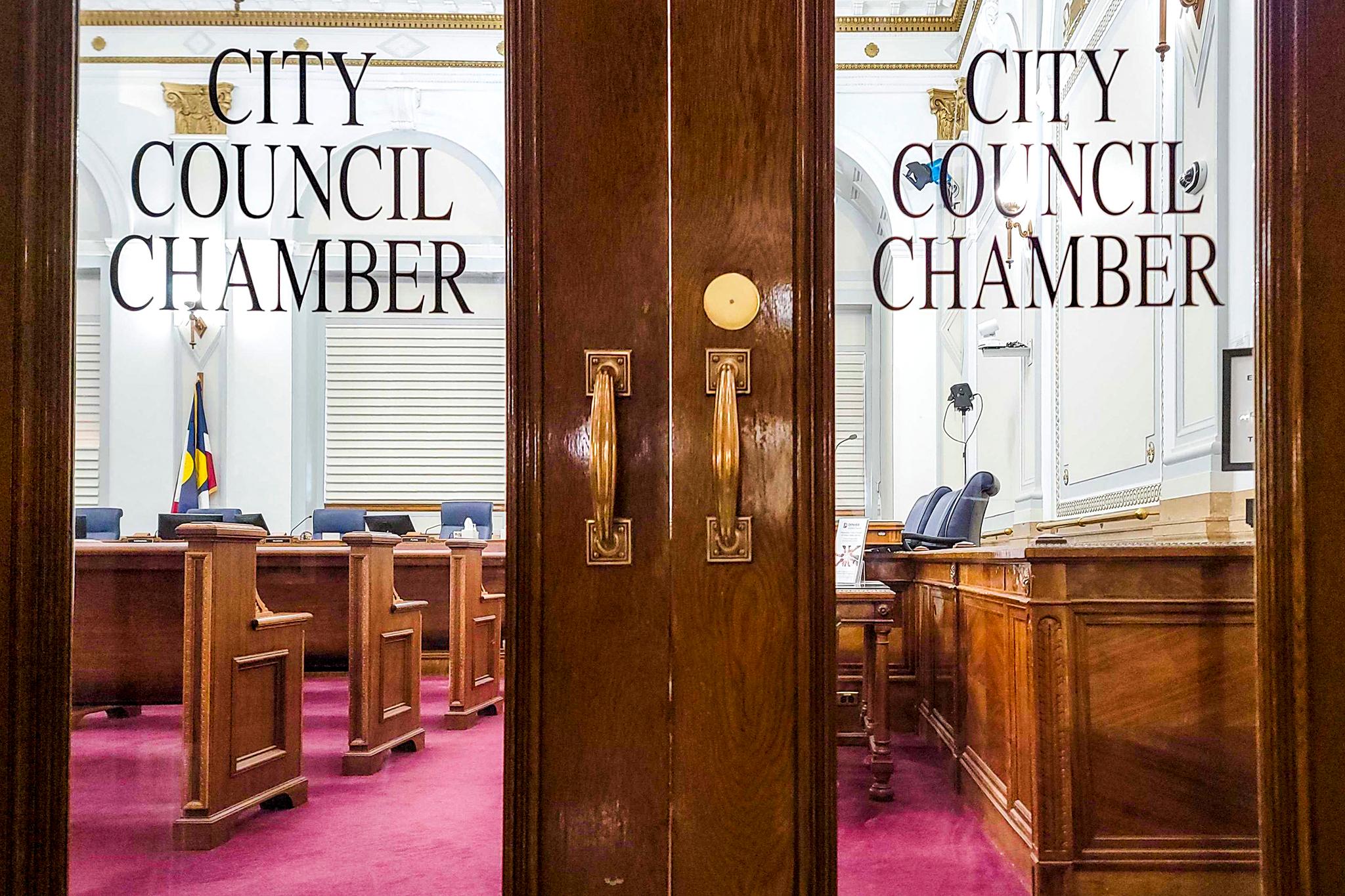
Denver voters could change the approval process for elected officials’ salaries this November
It’s a procedural change. The measure would not alter how elected officials’ salaries are calculated, or how much money they make. All that is up to a formula outlined in the city charter, which requires the city to revisit elected officials’ salaries every four years and calculate raises based on the consumer price index and raises for other city employees.
What the ordinance would change is how those salaries get approved once they’re calculated. Currently, city council has to vote on all raises for elected officials, including their own. If voters approve the ballot measure, those raises would instead go into effect automatically, without requiring city council approval. If the measure fails, city council would continue to vote on the salaries suggested by the formula.
Proponents of the ballot measure, brought by city council, say city council’s approval of raises is just a formality, because they don’t actually play a role in setting those raises to begin with — the formula does. That’s why they want to make the raises automatic.
But in the past, some council members have chosen to vote against the suggested raises, arguing that they get paid enough already. Those votes were largely symbolic — council would have to pass an entirely separate bill if they wanted to stop the raises. That has not happened in recent memory. But even if the referred question passes, council could still decide to decline raises.
Here’s the language you’ll see on your ballot:
“Shall the Charter of the City and County of Denver be amended to remove the requirement that City Council vote on elected official salaries every four years prior to the general election and to remove discretion in setting the salaries, and instead require that the salaries be as stated in ordinance, and any future adjustments shall continue to be the lesser of either the CPI increase for the Denver Metro Area or the cumulative percentage change for Career Service Denver employees?”
How would it work?
If voters approve the ordinance, it would go into effect immediately and apply when city council next considers elected officials’ in 2027. Going forward, council members would no longer have to vote on raises for elected officials. The changes would affect salaries for all elected city positions: the mayor, city council members, the auditor and the clerk and recorder.
Individual elected officials would maintain the ability to take action if they thought their salaries were too high. For example, in 2020, a round of automatic raises for elected officials went into effect. But that happened during the pandemic, when city employees had to take furlough days. In response, most council members chose to give themselves furlough days as well, effectively giving a total of about $22,000 back to the city. That option would still be available to council members if the ordinance passes.
If passed, Measure 2W would change Denver’s city charter. That means city council cannot make any future amendments to the ordinance without going back to voters.
If the ordinance fails, city council will continue to vote on elected officials’ salaries—though they will remain unable to play a role in calculating the actual figures.
Who’s for it?
City council member Amanda Sawyer researched the salary process and sponsored the referred question as it moved through city council. City council voted unanimously to put the question on the ballot.
Sawyer said the fact that city council votes on its own salaries is a conflict of interest. She also said it’s a PR issue, citing past news coverage that criticized city council for granting itself raises, even though the body did not play any role in calculating those raises.
“It looks bad, and it creates a conflict of interest,” she said. “It doesn’t change anything about the way salaries are calculated… The process is already automatic.”
There had been no money raised or spent in support of the measure as of Sept. 27.
Who’s against it?
There was no organized opposition or money raised or spent in opposition to the ballot measure as of Sept. 27.
Previous Denverite coverage of Ballot Measure 2W
Should City Council approve its own raises? Denver voters might decide this fall












